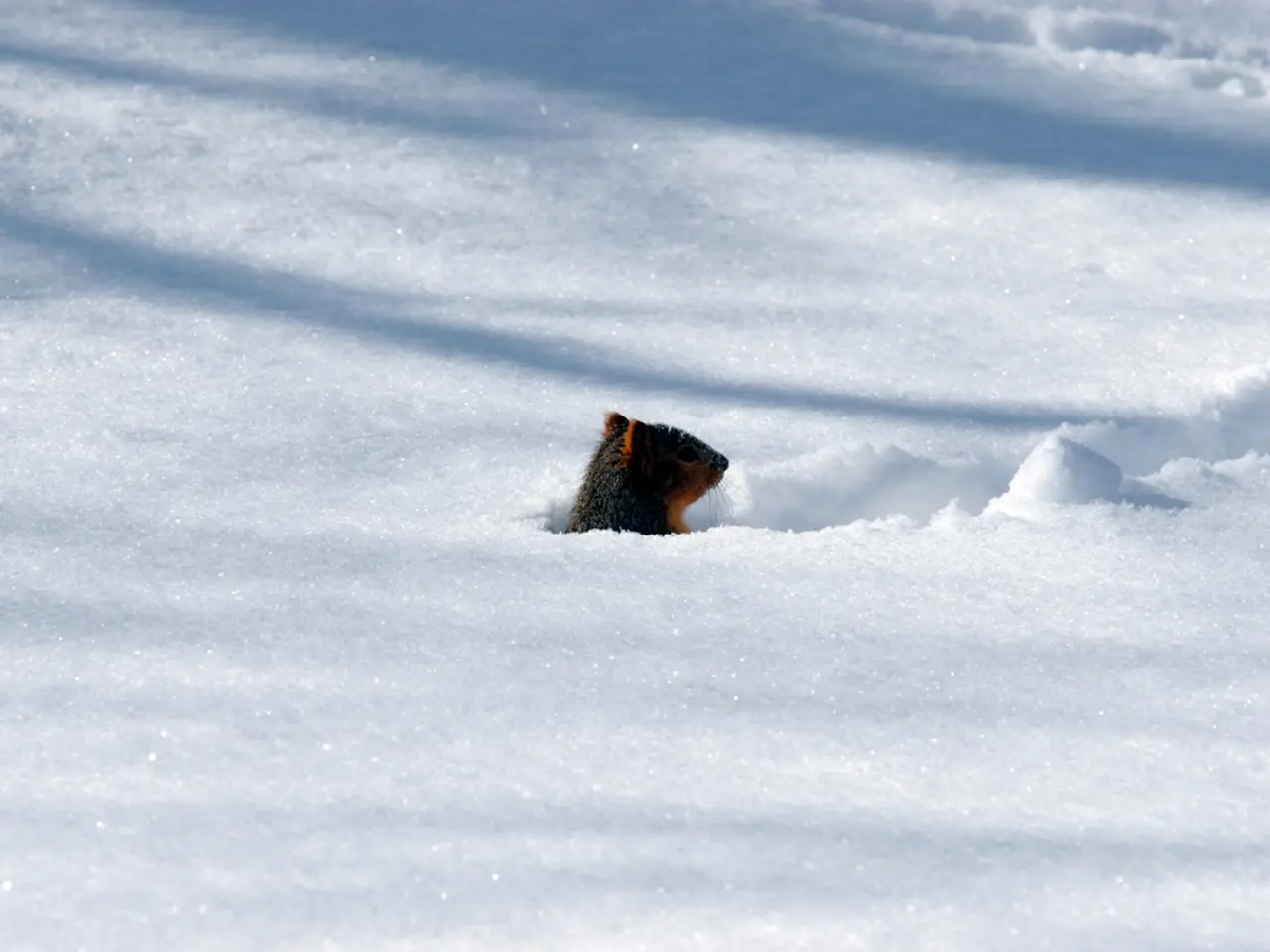Challenges of Shedding Pounds During Cold Season
As the weather turns colder, it's natural to crave comforting, calorie-dense foods. However, maintaining a balanced diet is essential for overall health and well-being. Certified nutrition specialist and wellness coach, Natalie Thompson, offers some valuable tips to help you eat healthily during winter while honoring your body's cravings and avoiding dieting pitfalls.
Incorporate Winter Vegetables
Rich in fiber and antioxidants, winter vegetables like kale, Brussels sprouts, and winter squash varieties such as delicata and honeynut squash, provide fullness and essential nutrients like vitamin A and potassium. Incorporating these vegetables into your meals can help you feel satisfied without overeating.
Listen to Your Hunger and Fullness Cues
To avoid overeating, it's essential to listen to your body's hunger and fullness cues. Using smaller plates can help with portion control without making you feel deprived.
Favor Whole, Unprocessed Foods
Aim for variety across food groups (fruits, vegetables, whole grains, lean proteins, healthy fats) to cover nutrient needs and maintain satisfaction in meals. Favoring whole, unprocessed foods will help you stay full and nourished.
Allow Healthy Indulgences
Indulging in moderation is key to maintaining a balanced diet. Instead of reaching for processed snacks, consider making healthier alternatives like baked kale chips with olive oil. This way, you can satisfy your cravings with less guilt.
Stay Hydrated
Thirst may feel reduced in cold weather, but it's still crucial to drink plenty of water or warm beverages to support digestion and energy levels.
Plan Balanced Meals
Planning balanced meals, especially for lunch and dinner, can help stabilize your energy and reduce overeating later. Incorporate protein (e.g., lean meats, legumes), whole grains, vegetables, and healthy fats to create satisfying meals.
Avoid Winter Pitfalls
Avoid relying on highly processed snacks or overconsuming high-calorie comfort foods. Instead, prepare homemade energy snacks (like nutty energy balls) for sustained energy outdoors or during activities.
Find a Fun or Purposeful Activity
If you find yourself reaching for unhealthy snacks, try finding a fun or purposeful activity to do at that time instead. This can help curb cravings and promote healthier eating habits.
Define Your Own "Diet"
New Year's is a great time to set resolutions and make lifestyle changes. Find your own definition of "diet" by deciding what you want to change in your food choices and eating patterns.
Check in with Yourself
When snacking unhealthily, Thompson suggests checking in with yourself about why you're eating. Is it due to boredom rather than hunger? Understanding and addressing these underlying reasons can help you make healthier choices.
By following these strategies, you can satisfy your body's cravings with wholesome winter-appropriate foods while maintaining a balanced approach that prevents the guilt and deprivation often linked to dieting.
- To support overall health and well-being during winter, consider incorporating winter vegetables like kale, Brussels sprouts, and winter squash into your meals to feel full and provide essential nutrients.
- Balanced diet is essential for winter; favor whole, unprocessed foods across food groups (fruits, vegetables, whole grains, lean proteins, healthy fats) for sustained satiety and nutrition.
- Indulging in winter cravings is possible without guilt; opt for healthier alternatives such as baked kale chips or homemade nutty energy balls instead of processed snacks.




